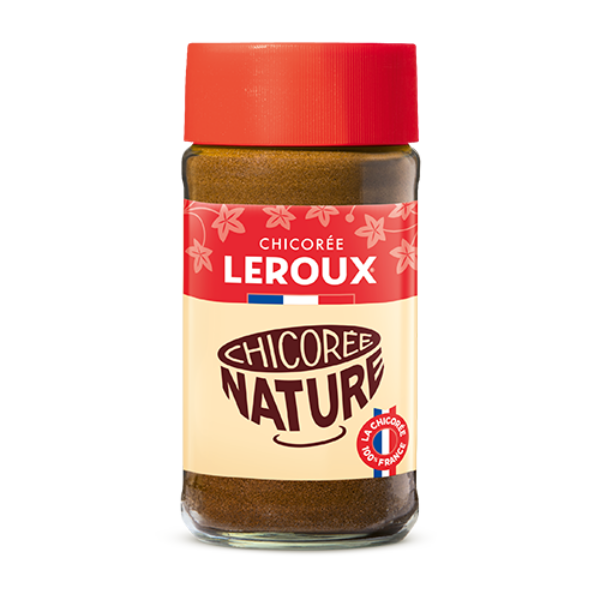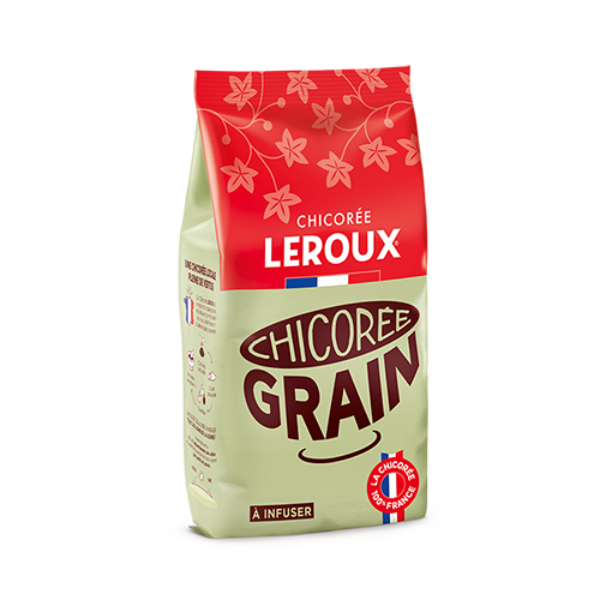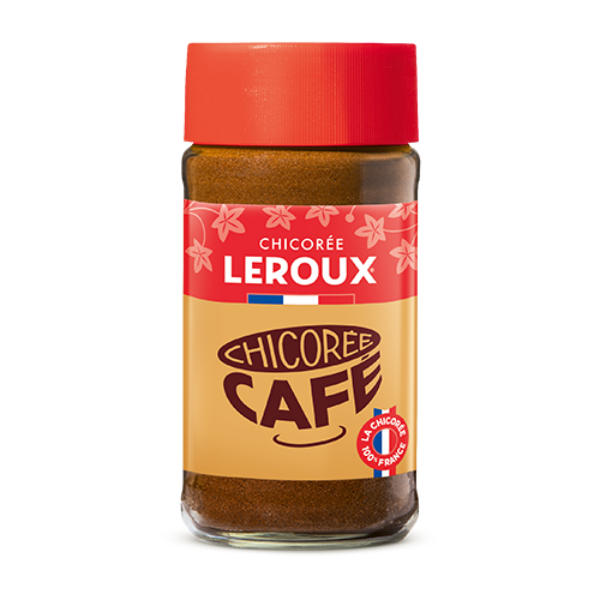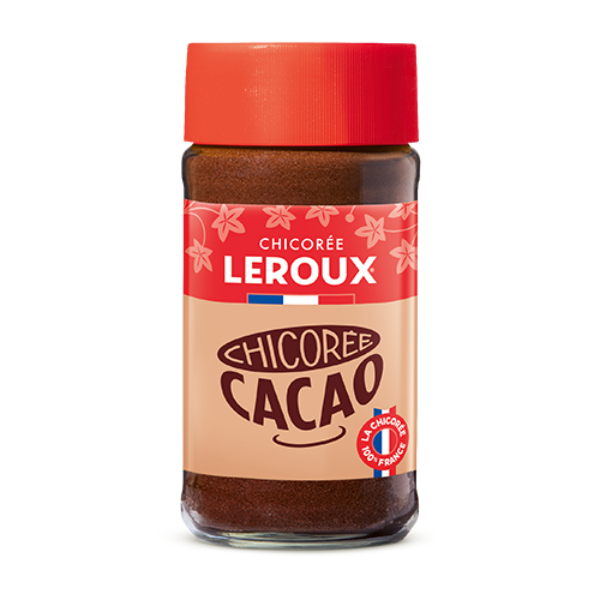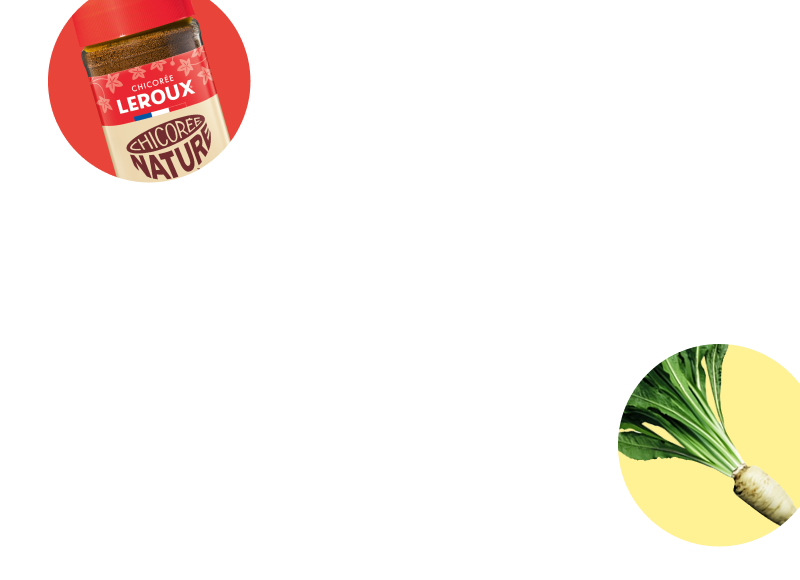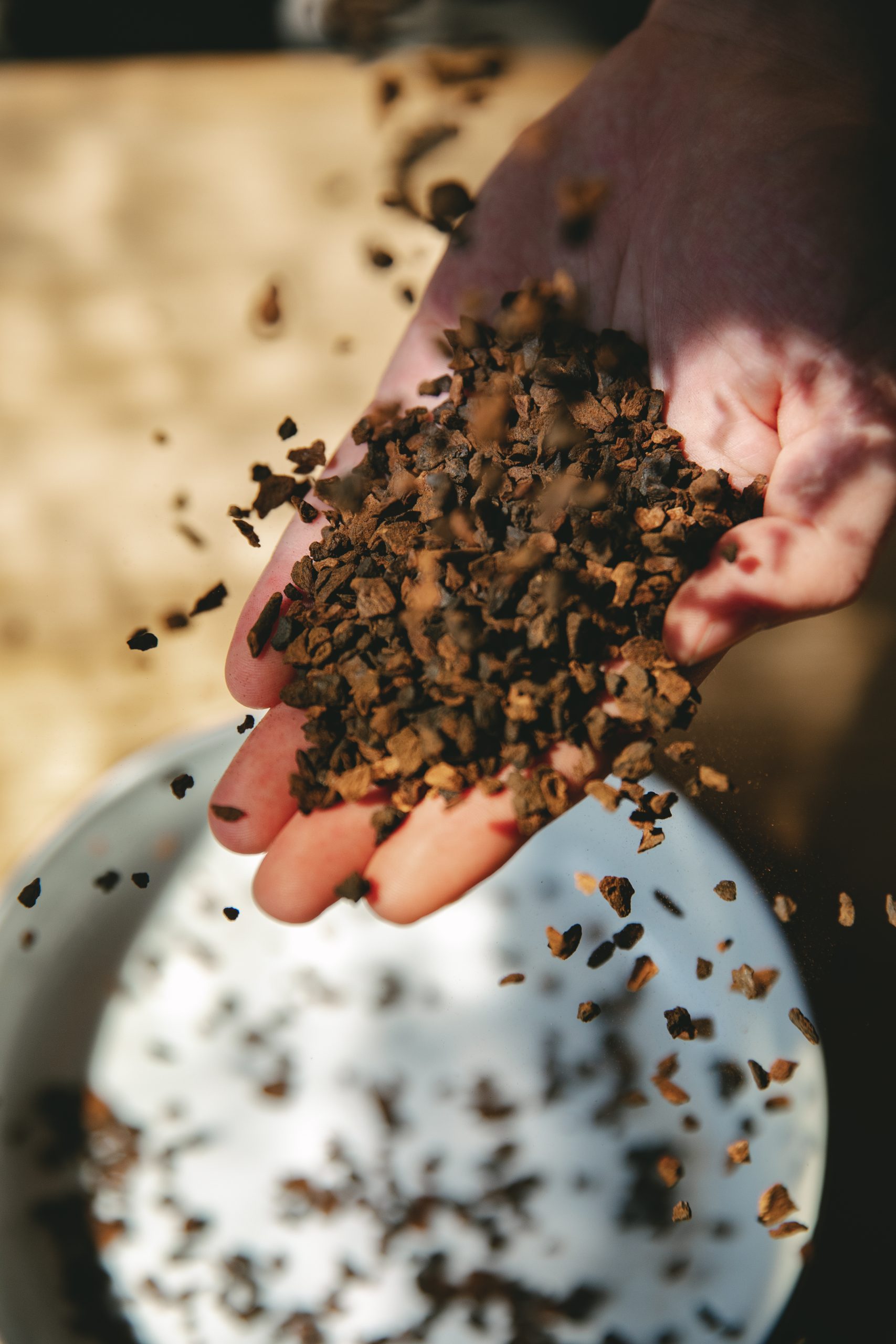Bitter and chicory: origins and explanations
Often, when you taste chicory for the first time, one thing comes to mind: it’s bitter! There are many preconceived ideas about this flavour… But where does this bitterness come from? Can it be reduced? We tell you all about it right here!
Bitterness and preconceived ideas
Bitterness has often been met with reticence and even criticism because of its strong, pronounced taste. However, bitterness should be seen as a learning experience. Compared to sugar, which is the only innate flavour in the human body, bitterness needs to be tasted and tested, sometimes for several years, before it is approved and appreciated.
On the positive side, bitter foods play on the sensation of hunger. In fact, these foods encourage us to eat more slowly, which helps to control our appetite and improve digestion. Bitter is full of virtues, isn’t it?
A plant first and foremost
Chicory is well known as a food product: a 100% plant-based drink with a unique caramelised flavour. However, it is always criticised for its bitter taste… We mustn’t forget that before chicory arrives in your cups, it is a plant, also known as Cichorium intybus variety sativum. This herbaceous plant from the Asteraceae family has a ‘native’ bitterness.
This comes from a human survival reflex, as many plants produce bitter repellent compounds to protect themselves from predators, such as caffeine in the coffee plant. Chicory, like other plants, is constantly under pressure. Its bitter taste, for example, enables it to defend itself against herbivores that would like to devour it!
Where does this bitterness come from?
During roasting, the native bitterness is gradually replaced by a new bitterness that can be described as ‘neoformed’. The bitterness you taste is a balance between the native bitterness and the transformed bitterness, thanks to our roasting process. This roasting also produces the brown colouration and aromas typical of roasted products (just like coffee and cocoa).
These changes are due primarily to caramelisation, which consists of dehydrating the sugars, but also to the Maillard reaction. The result is a taste, colour and smell that are unique to Leroux chicory!
If you still have a bit of trouble with this bitterness, here are a few tips on how to reduce it…
How can I reduce the bitterness?
When tasting Leroux chicory, you can adjust the intensity of the bitterness. Adjust the proportions! We generally recommend 250ml of water for 5g of chicory. You can also dilute your chicory a little more to reduce the taste and therefore the bitterness.
Try it with milk!
Milk can also be used to make the drink even sweeter and more delicious. It doesn’t matter whether it’s whole, semi-skimmed or plant-based, it can make your chicory sweeter and a little less bitter.
Whatever happens, it’s important to remember that bitterness is part of chicory and distinguishes it from other hot drinks. You have to enjoy it as it is, take it or leave it!
Bitterness in different ranges!
It’s important to note that depending on the type of chicory you choose, the bitterness may differ slightly too! In fact, the bitterness present in chicory will not be the same depending on its state, i.e. soluble, granulated or liquid, so make your choice!
Granulated chicory may have a slightly more bitter taste than liquid. This first type of chicory can be infused. Depending on the infusion time, the bitterness may increase. Liquid chicory, on the other hand, is considered the sweetest of the products. It is, however, sweeter than the grain.
Now you know all about chicory bitterness! It is and will remain unavoidable whatever happens in your cups!


